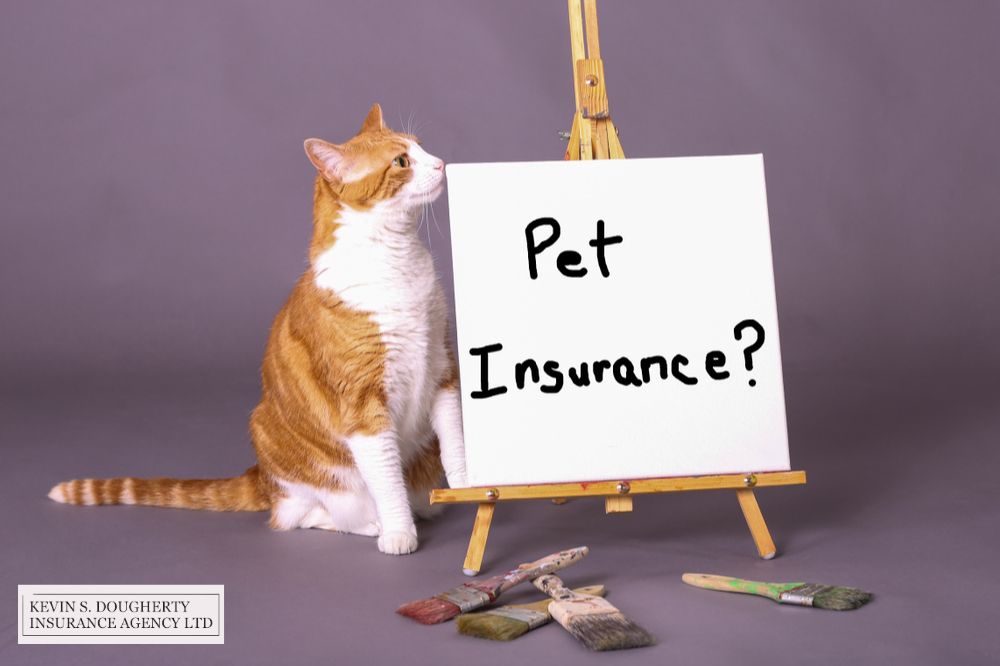
25 Jan 5 Tips for Finding the Best Pet Insurance Policy
When it comes to pet insurance, it can be overwhelming to figure out what coverage you need, and which policy is best for your pet. After all, pet insurance is an important investment that can save you money down the road. That’s why it’s important to do your research and make sure you get the best policy to fit your pet’s medical needs.
Best Tips for Finding the Right Pet Insurance Policy
Here are five tips to help you find the best pet insurance policy:
1. Decide the Coverages Needed
The first step to finding the best pet insurance policy is to decide what coverage you need. Every pet is different, so you’ll need to consider your pet’s individual needs when shopping for a policy. Here are some of the most common types of coverage to consider:
- Accident and Illness Coverage: This type of coverage will cover any unexpected or sudden illnesses or accidents that your pet may suffer from. This is typically the most comprehensive type of coverage, but it can also be the most expensive.
- Routine Care Coverage: This type of coverage is designed to cover the costs of routine care such as vaccinations, check-ups, and other preventive treatments. This is usually a less expensive option than accident and illness coverage, but it won’t cover any unexpected illnesses or accidents.
- Prescription Drug Coverage: This type of coverage is designed to cover the cost of prescription medications that your pet may need. This coverage is often added to other types of coverage, but some policies may offer it as a stand-alone option.
Once you’ve decided what type of coverage you need, it’s time to start shopping around.
2. Get Multiple Quotes
The next step to finding the best pet insurance policy is to shop around and get quotes from different companies. This will help you compare and contrast different policies to find one that fits your needs and budget. Most insurance companies offer online quotes, so you can easily get an idea of what different policies cost without having to talk to an agent.
When you’re comparing quotes, make sure to pay attention to the details of the policy. Some policies may offer more coverage than others, so it’s important to read the fine print and make sure you understand the coverage you’re getting. You should also compare the deductibles and co-pays to make sure you’re getting the best deal.
3. Check Online Customer Ratings and Reviews
Once you’ve shortlisted a few policies that you’re interested in, it’s a good idea to check out customer ratings and reviews. This can give you a better idea of how the company handles claims and customer service. You can find customer ratings and reviews on a variety of websites, such as Google, Yelp, and the Better Business Bureau. This can help you get a better idea of how the company operates and if they’re a good fit for you and your pet.
4. Buy a Policy at the Earliest
Once you’ve found a policy that fits your needs and budget, it’s important to buy it as soon as possible. Most pet insurance policies have an age limit, so it’s important to get coverage for your pet before they reach the age limit. Additionally, some policies may have a pre-existing condition clause, so it’s important to get coverage before your pet develops any health issues.
5. Consider Adding a Pet Insurance Rider
Finally, it’s a good idea to consider adding a pet insurance rider to your existing policy. This will help cover any additional costs associated with pet care, such as vet visits, medications, and emergency care. Most pet insurance riders are relatively inexpensive and can provide peace of mind knowing that your pet is covered in the event of an emergency.
Cover Your Pets with the Best Insurance Policies at KSD Insurance
At KSD Insurance, we understand how important it is to find the best pet insurance policy for your pet. That’s why we’re here to help. Contact Kevin or Merci today, and they will help you find the best policy for your needs and budget.




Sorry, the comment form is closed at this time.